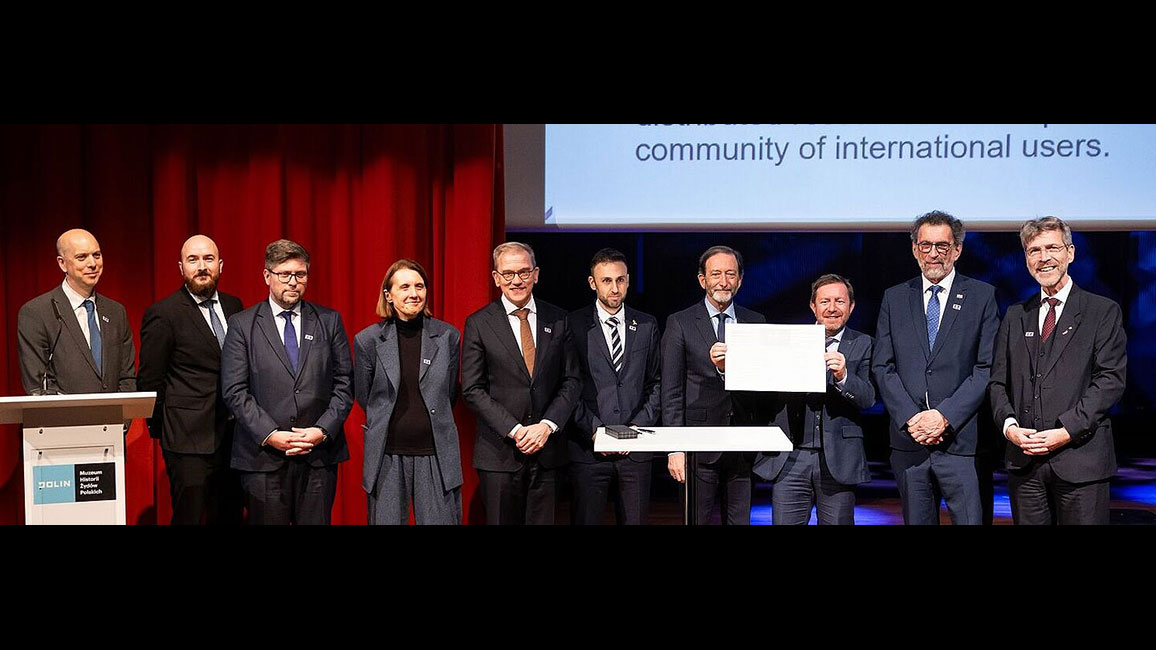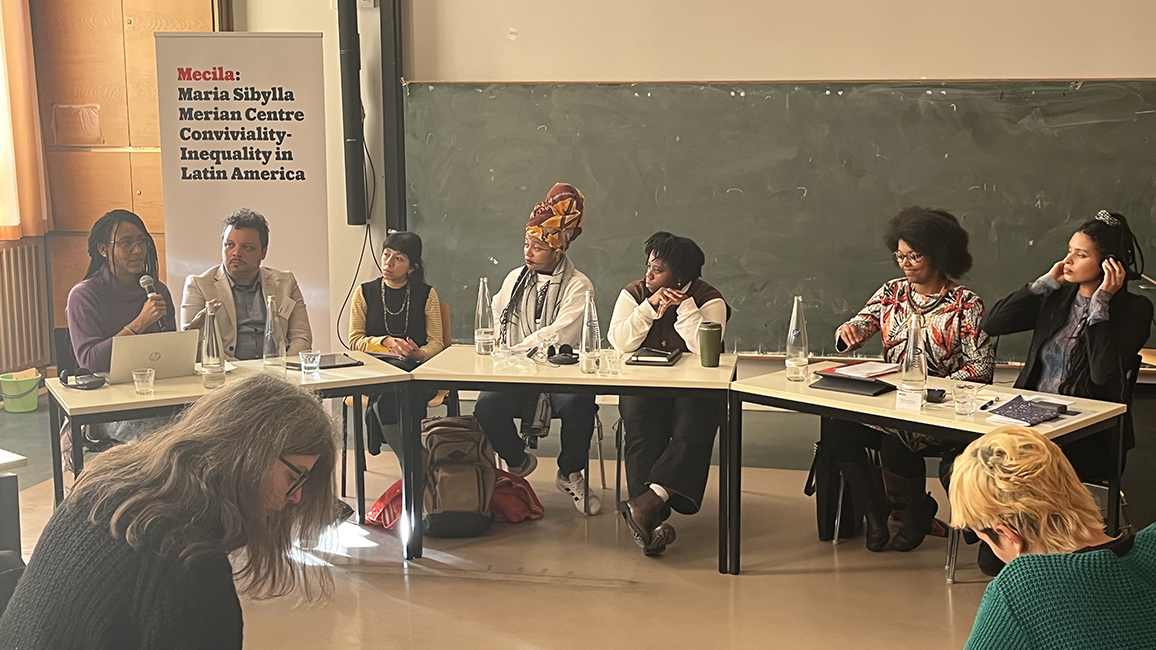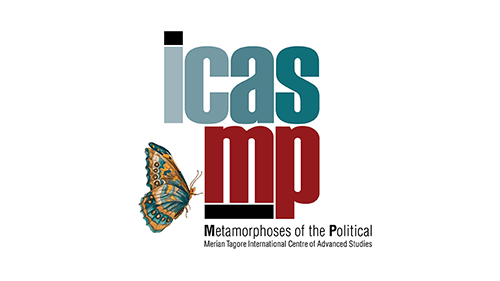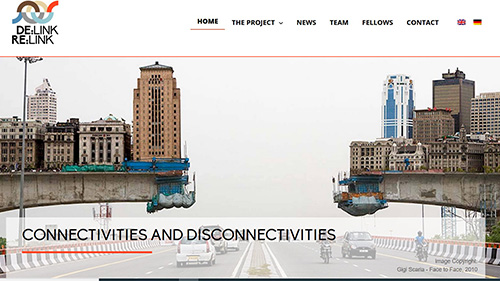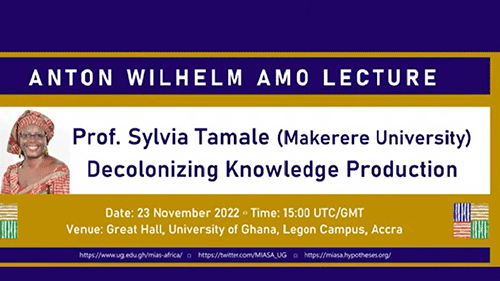The regions and societies of our world are intertwined, be it politically, economically, culturally, socially, religiously or even digitally. Researching, documenting and interpreting these interdependencies is a core task of regional studies. With their knowledge and interdisciplinary collaborations, which are regionally and thematically focussed, they contribute to a better understanding of current and historical developments.
With the funding guideline (Federal Gazette of 24 September 2019), the Federal Ministry of Research, Technology and Space (BMFTR) promotes the theoretical, conceptual, methodological and empirical further development of area studies. Area studies also play a role in the Käte Hamburger Kollegs and Merian Centres funding measures. In addition, they are represented in the Small Subjects programmes, which are also funded by the BMFTR.
An important aim of the funding programme is to disseminate scientific findings in the academic world and beyond. The funded universities and non-university institutions therefore organise various transfer formats: they create streams, open blogs and present impressions of their work on Instagram and other social media. They also use traditional publication formats that are freely accessible via open access.
Overview of funded Projects (alphabetical):
- CEDITRAA - Cultural Entrepreneurship and Digital Transformation in Africa and Asia
Johann Wolfgang-Goethe-Universität Frankfurt am Main, Johannes-Gutenberg-Universität Mainz - De:link//Re:link - Lokale Perspektiven auf transregionale Ver- und Entkopplungsprozesse
Humboldt-Universität zu Berlin, Internationales Konversionszentrum Bonn (BICC), Zentrum Moderner Orient (ZMO/GWZ Berlin e. V.), Zentrum für Osteuropa- und internationale Studien (ZOiS Berlin) - EUTIM - Forschungskolleg Europäische Zeiten / European Times
Europa-Universität Viadrina Frankfurt (Oder), Universität Potsdam, Forum Transregionale Studien (Berlin) - Extraktivismus - Rohstoffextraktivismus in Lateinamerika und dem Maghreb
Universität Kassel, Philipps-Universität Marburg - Jena-Cauc – Resilienz im Südkaukasus: Perspektiven und Herausforderungen des neuen EU-Außenpolitikansatzes
Friedrich-Schiller-Universität Jena - Re-Act – Rechtsstaatlichkeit in Ostmitteleuropa
Universität Leipzig - Stadt.Kultur.Bauen – Baukulturelles Erbe in der post-sowjetischen Stadtentwicklung
Karlsruher Institut für Technologie (KIT), Rheinisch-Westfälische Technische Hochschule Aachen, Leibniz-Institut für Geschichte und Kultur des östlichen Europa (GWZO Leipzig) e.V. - US-Wohlfahrtsstaat - 'Welfare Queens' and 'Losers': eine intersektionale Untersuchung zur Wirkungsweise von Rasse und Geschlecht und deren Reproduktion im U.S.-amerikanischen Wohlfahrtsstaat
Universität Passau - WONAGO – Weltordnungsnarrative des Globalen Südens Das Mapping von Macht und Interessen in den areas seit dem ausgehenden 20. Jahrhundert
Universität Hamburg, GIGA German Institute of Global and Area Studies Hamburg






